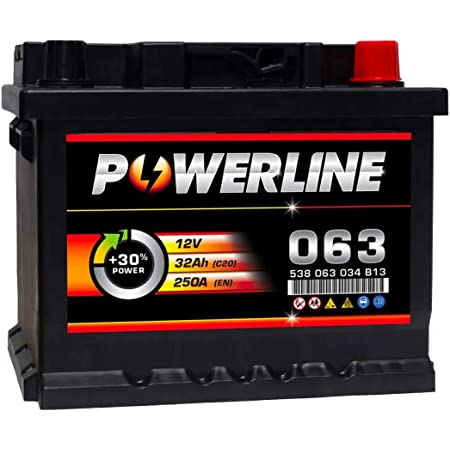Importing Goods From Mexico to Nigeria: The Ultimate Guide.
Importing Goods From Mexico to Nigeria: The Ultimate Guide.
Importing goods from Mexico to Nigeria is never an easy task. There are many factors that make it difficult, but if you’re willing to put in the effort and do your research, it can be done! The following article will give you all of the information you need on how to start importing goods from Mexico to Nigeria. From understanding the import process and its major costs to choosing what type of clearing agent will work best for you, this guide will leave no stone unturned. You’ll be able to import with ease after reading this article!
Importing Goods From Mexico to Nigeria
Mexican products are popular for their variety, price, and quality. With over 120 years of tradition in the Mexican textile industry, the country is home to one of the largest textile industries in Latin America.
Nigeria is a rapidly growing economy with an ever-growing demand for Mexican products. The Nigerian textile industry has been increasing at an amazing rate, which means there is plenty of room for trade between the two countries. That’s where you come in!
The import process can be confusing, but this guide will make it simple. Chances are you’re already familiar with exporting goods from Nigeria to Mexico; now it’s time to learn how to import goods from Mexico to Nigeria.
We’ll take a look at some of the major costs associated with importing goods from Mexico to Nigeria and how you can avoid them by working with the right partner company. We’ll also get into what type of clearing agent may work best for your business and any other questions you might have about importing goods from Mexico to Nigeria. Read on for this ultimate guide on importing all things Mexican into Nigeria!
Import Process
There are many steps to importing goods from Mexico to Nigeria. However, the process is straightforward and can be completed in a matter of weeks.
First, you’ll need to find your company’s Mexican supplier (and take note of their contact information). Next, visit the Mexican Chamber of Commerce to register yourself for trade. Once you’ve registered with the Chamber, you can start import-related tasks like obtaining the necessary permits.
Once you have all of your permits in order, it’s time to choose your clearing agent. After you’ve chosen your clearing agent, they will help guide you through various aspects of the process like valuation and customs clearance.
Since this is an international shipment, it will be important to create a shipping plan in advance so that it doesn’t get held up in customs during transit. When calculating costs for your shipping plan, keep in mind that there are many factors that can increase or decrease how much it will cost you including distance traveled and weight/size of goods being shipped.
After following these steps correctly, you will be well on your way to importing goods from Mexico to Nigeria!
The Cost of the Import Process
When importing goods from Mexico to Nigeria, the cost of the import process is a major factor. The type of goods being imported will determine how much you’ll have to pay for import duties and other fees.
The following factors can affect the pricing:
>> The country originates from
>> Customs duty rates
>> Customs procedures
>> Customs clearance time
In order to avoid any unnecessary costs, it’s important to do your research beforehand. For example, if you know you’ll be importing a large quantity of a specific textile or food product, it may be worth it to find a clearing agent that specializes in customs clearances for those types of products. This will help ensure that your goods get through customs without any problems and without incurring any additional fees.
Clearance Agents
Every import trader needs to find a clearance agent to help them clear their goods through customs. Finding the right clearance agent is key to importing successfully.
Don’t worry, this article is here to help you! We’ll talk about how clearance agents work, what services they provide, and which type of agent will work best for you.
Though they vary in style, clearance agents are all basically the same in that they will give your shipment quick clearance through customs. They also do your paperwork for you, which can be time consuming for traders who are not accustomed to importing.
Some traders choose to hire a broker instead of a clearance agent, but brokers only offer brokerage services and don’t offer any additional value than an agent would. A broker simply arranges deals between importers and exporters, often with no physical involvement with the merchandise at all. If you’re not sure whether or not you need a broker or an agent, it’s always best to consult customs regulations before deciding on one type of service provider over another.
Conclusion
You’ve decided to import goods from Mexico to Nigeria and it’s time to get started. Well, there are a few things you should know first.
Firstly, the import process has two main steps: the importation and the clearance. The first step is to clear your goods through customs, and the second step is to clear your goods through the port authority.
The cost of importing goods from Mexico to Nigeria largely depends on the type of product you are importing and the clearance agent you choose. Remember that some clearance agents offer a free service and some charge a fee.
It’s important to hire a good clearance agent because they will be handling all of the paperwork on your behalf. This is what most people don’t realize before starting the import process.








LEAVE A COMMENT
You must be logged in to post a comment.